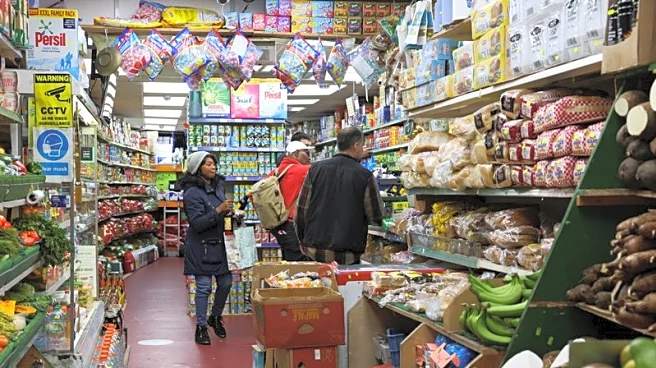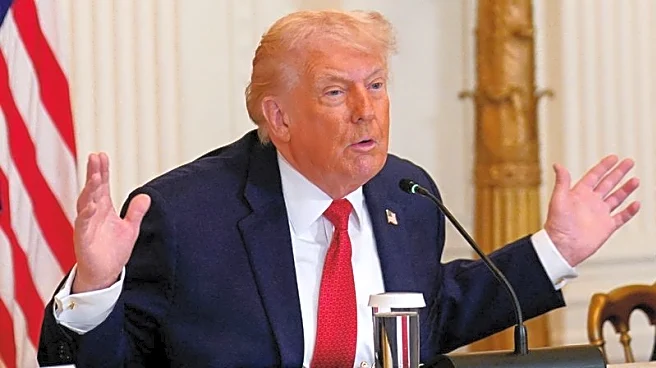By William Schomberg and Suban Abdulla
LONDON (Reuters) -British inflation and a key underlying measure of price growth both unexpectedly held steady in September, official figures showed on Wednesday,
offering some relief to finance minister Rachel Reeves ahead of her November budget.
Annual consumer price inflation remained at 3.8% for the third month running, the Office for National Statistics said, the highest among the world's rich advanced economies.
However, the Bank of England and most economists polled by Reuters had expected a rise to 4.0%.
Inflation in the services sector stayed at 4.7%, also unchanged from August and below the Reuters poll forecast of 4.9%.
REEVES WANTS TO SUPPORT PEOPLE WITH BILLS
Sterling fell against the U.S. dollar immediately after the data was published and investors fully priced in the next BoE interest rate cut in February, a month earlier than before the ONS published its data.
Luke Bartholomew, deputy chief economist at investment firm Aberdeen said the surprise news that inflation had not increased was positive for the BoE and financial markets.
"On balance the UK's inflation problem looks slightly less bad now than it did a few weeks ago," Bartholomew said.
As well as complicating the BoE's attempts to support the economy with lower borrowing costs, Britain's high inflation adds to the government's huge debt servicing costs at a time when demands for public spending are rising across the board.
Reeves is likely to increase taxes in her budget on November 26 with analysts warning that some options could end pushing up inflation next year.
She said she was not satisfied with Wednesday's inflation figures and suggested she was preparing measures in her budget to help bring down the cost of living.
"For too long, our economy has felt stuck, with people feeling like they are putting in more and getting less out," Reeves said in a statement.
"That needs to change. All of us in government are responsible for supporting the Bank of England in bringing inflation down. I am determined to ensure we support people struggling with higher bills and the cost of living challenges."
The International Monetary Fund said last week that British inflation will be the highest among the Group of Seven economies in 2025 and 2026, hampering the BoE's slow progress in cutting interest rates to help the slow economy.
The BoE expects British consumer price inflation to gradually weaken but only hit its 2% target in the April-to-June period of 2027.
Wednesday's data showed transport pushed up the headline inflation figure while recreation and culture and food and non-alcoholic beverages made the largest downward contributions.
(Writing by William Schomberg and Suban Abdulla; Editing by Kate Holton and Elaine Hardcastle)









